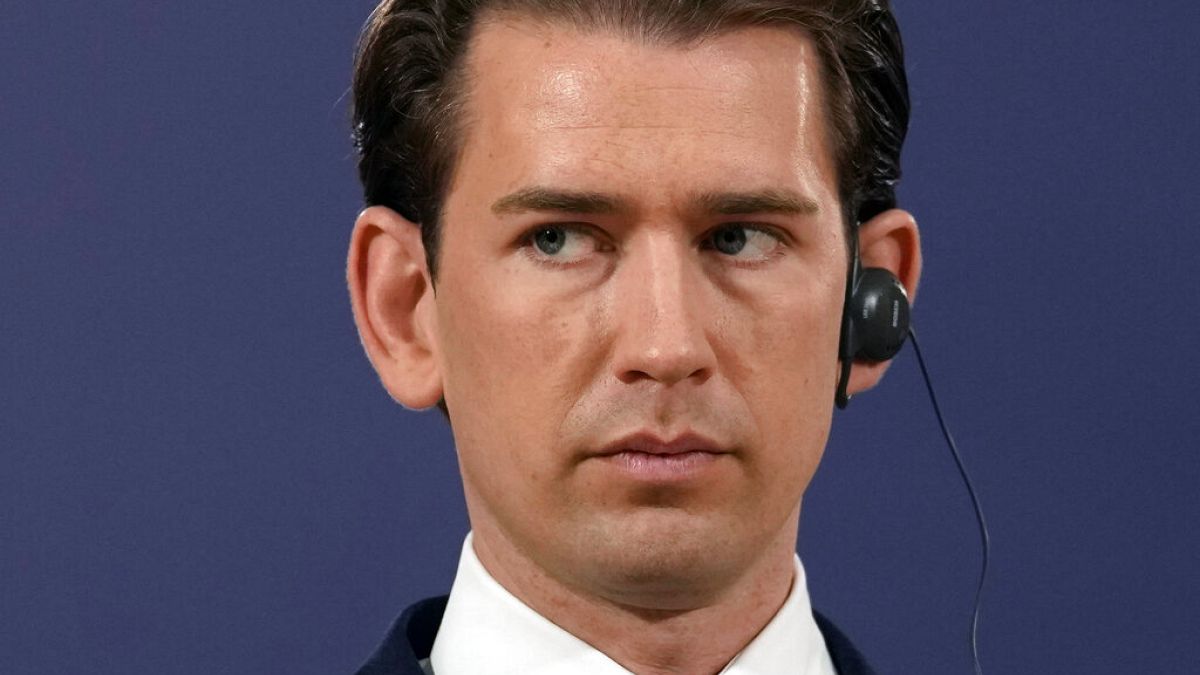European Commission Vice President Maroš Šefčovič on Wednesday announced that Brussels would be making concessions in its approach to the Northern Ireland Protocol.
This week saw the official return of Brexit.
The British government wants to rewrite the divorce agreement because it doesn't like parts of it – even though it said it never liked it in the first place, but negotiated and signed it anyway.
After months of grumbling about the Northern Ireland Protocol from Westminister, Brussels finally agreed to look into it, underlining that it was not a renegotiation.
"We have put a lot of hard work into this package, explored every possible angle of the protocol and at times went beyond current EU law," European Commission Vice President Maroš Šefčovič told reporters on Wednesday.
What Brussels is proposing are major practical changes to customs and checks in Northern Ireland which remains part of the EU's borderless single market.
But for the British Government, it doesn't go as far as it wants.
Brexit Minister Lord David Frost said during a speech in Portugal that the European Court of Justice's role in ensuring that EU law is applied properly in Northern Ireland must be ended.
For him, it is a red line in these fresh talks.
Instead, he wants an independent dispute settlement process, like many other trade deals have.
"Our proposal looks more like a normal Treaty in the way it is governed, with international arbitration instead of a system of EU law ultimately policed in the court of one of the parties, the European Court of Justice," Lord Frost said on Tuesday.
This is not enough for the British government – London wants more favorable divorce terms after the fact.
New chancellor in Austria
Austria's young and dynamic chancellor Sebastian Kurz stepped down as Chancellor due to corruption charges last weekend.
His successor Alexander Schallenberg, until then foreign minister and career diplomat, is not an experienced political operator, but still supports his former boss when asked if Kurz still had the "moral integrity to become Chancellor again".
But Sylvia Kritzinger, a political scientist at the University of Vienna told Euronews that this could be the end of his political career.
"If you look into other stakeholders' opinions, then you see that they are not that convinced that Sebastian Kurz will come back. There are already certain voices within his own party, which are a little bit critical about his [potential] comeback," Kritzinger said.
"Also, because next to these allegations of corruption, there is, of course, also a political issue that needs to be resolved, a moral-political issue that needs to be resolved, whether with such allegations, whether they become true or not, somebody can a return to an office."
Energy crisis measures
Brussels confirmed this week that it is willing to explore the creation of an EU-wide strategic reserve for natural gas that would guarantee stable and predictable supplies for the whole bloc while avoiding major price fluctuations, such as those currently sending electricity bills soaring.
The idea of a strategic gas reserve had already been floated by a small group of EU countries, including France and Spain, as a potential solution to the ongoing energy crunch.
But the European Commission has now thrown its support behind the initiative, which could mimic the joint procurement that Brussels organised to purchase anti-coronavirus vaccines for all EU countries.
Although gas represents over a quarter of the EU's overall energy consumption, storage facilities are only available in half of the member states. The Commission believes a more "integrated European approach" could lower costs and cushion the impact of price volatility. The collective scheme would be voluntary and aligned with EU competition law.


